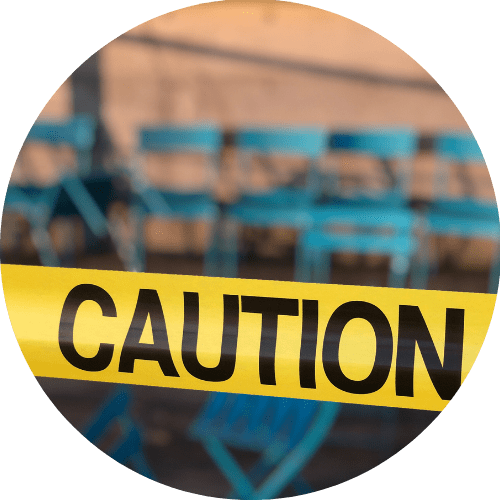In this week’s group meeting, Dr. Tro and health coaches Amy Eiges and Brian Wiley continued exercise month by answering questions from the group.
Discussion:
- There were many questions about getting started with exercise, if you’re out of shape or have a lot of weight to lose: when she began her 200-pound weight loss, Amy said that didn’t start exercising until she had lost about 100 pounds. Dr. Tro told her that she would come to him letting her know she was ready to exercise, and that is exactly what happened: once her weight was down and energy up, she knew it was time. Brian suggested making small commitments at the beginning: start slow and easy and just set aside a few minutes a day doing something you like to develop the habit, progressing naturally as you get stronger. Dr. Tro started slow and steady by simply walking on a treadmill while watching episodes of The Walking Dead. After about a year of that he started lifting weights, slowly started adding in weight machines until he was comfortable.
- Do we need carbs to fuel workouts? Dr. Tro wrote a blog on this subject, and he discussed a study that basically says if you are doing less than one hour of intense exercise there is no need for any carbohydrates. The study also shows that even elite athletes doing intense exercise for over 90 minutes don’t benefit in speed or power performance with carbs during the workout.
- When doing HIIT exercise, if you’re getting hungry after that type of workout, your blood glucose could be spiking and then tanking. Dr. Tro usually breaks his fast after one of these workouts because he knows he’s going to be hungry after.
- A member asked if your blood sugar is high after working out, should you walk a few minutes until your blood sugar comes down? Dr. Tro said this is a typical response to exercise and walking will not have much of an effect, but can be beneficial in delaying eating immediately after exercise.
- How long to wait after an injury to begin exercise? If it hurts don’t chance it, follow your doctor’s advice, and you can always work around it by doing an activity that doesn’t involve the injured part of the body. Progress slowly when coming back from an injury, be mindful when you return that you may not be where you left off and will take some time to get back there.
- Why does the scale go up after exercise? When this happens it’s a stress response. Also the muscles are tearing and the body retains water to repair them, usually, fluid consumption typically goes up during exercise so the extra fluid and the body retaining it is why you will see a bump up in the scale. Be patient — it will level out.





